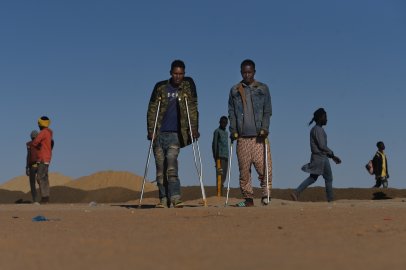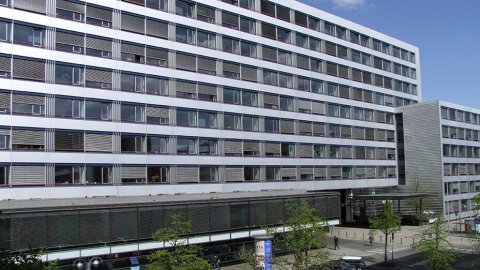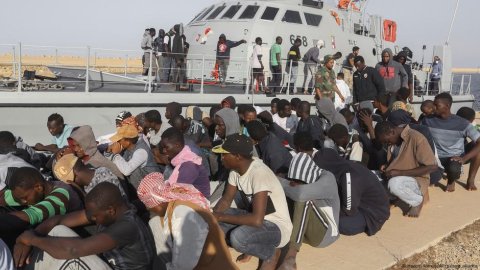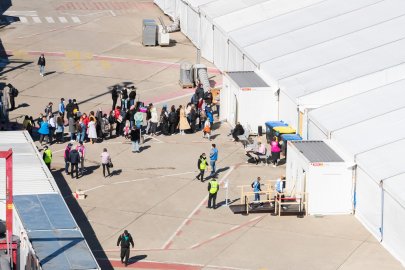Understanding Algeria’s Mass Expulsion of Migrants to Northern Niger
In recent events, Algeria has undertaken a significant operation that has seen the expulsion of over 1,000 migrants to northern Niger. This controversial action raises various humanitarian and political questions, highlighting the complexities surrounding migration policies in North Africa. In this blog post, we will delve into the implications of this mass expulsion, the conditions faced by migrants, and the broader regional context.
The Context of Migration in Algeria
Algeria has long been a transit country for migrants originating from sub-Saharan Africa, as well as a destination for those seeking better opportunities. The country has seen an influx of migrants fleeing conflict, poverty, and instability in their home countries. However, as migration pressures increase, Algeria has adopted a more stringent approach to managing these populations.
Key factors influencing Algeria’s migration policy include:
The Expulsion Operation
In a recent operation, Algerian authorities forcibly expelled over 1,000 migrants, primarily from Niger, Mali, and Guinea. This mass expulsion has been described as a systematic action aimed at managing the increasing number of migrants within the country. Reports indicate that these individuals were taken from various locations across Algeria and transported to the border with Niger.
Key aspects of the expulsion operation include:
The Humanitarian Impact
The humanitarian consequences of such mass expulsions cannot be overlooked. Migrants expelled to northern Niger often find themselves in precarious situations, lacking basic necessities such as food, shelter, and medical care. Many are left stranded in remote areas with limited access to resources and support.
Key concerns regarding the humanitarian impact include:
International Responses and Criticism
The international community has responded with concern regarding Algeria’s mass expulsion of migrants. Various organizations have criticized the lack of adherence to international human rights standards, emphasizing the need for a more compassionate and equitable approach to migration.
Key points of criticism include:
Broader Implications for Migration in the Region
Algeria’s actions are indicative of a broader trend in migration policy across North Africa. As migration pressures mount, countries in the region are increasingly adopting stricter measures to manage migrant populations. This shift raises questions about the future of migration in North Africa and the implications for regional stability.
Key implications include:
Conclusion
The mass expulsion of migrants from Algeria to northern Niger highlights the urgent need for a comprehensive and humane approach to migration in North Africa. As the region grapples with the complexities of migration, it is essential for governments to prioritize human rights and collaborate on sustainable solutions.
In the face of rising migration pressures, a shift in policy that balances security concerns with compassion is crucial. By addressing the root causes of migration and fostering regional cooperation, North African countries can create a more stable and just environment for all individuals seeking safety and opportunity. The plight of migrants should serve as a reminder of our shared humanity and the importance of standing up for the rights and dignity of those in vulnerable situations.






